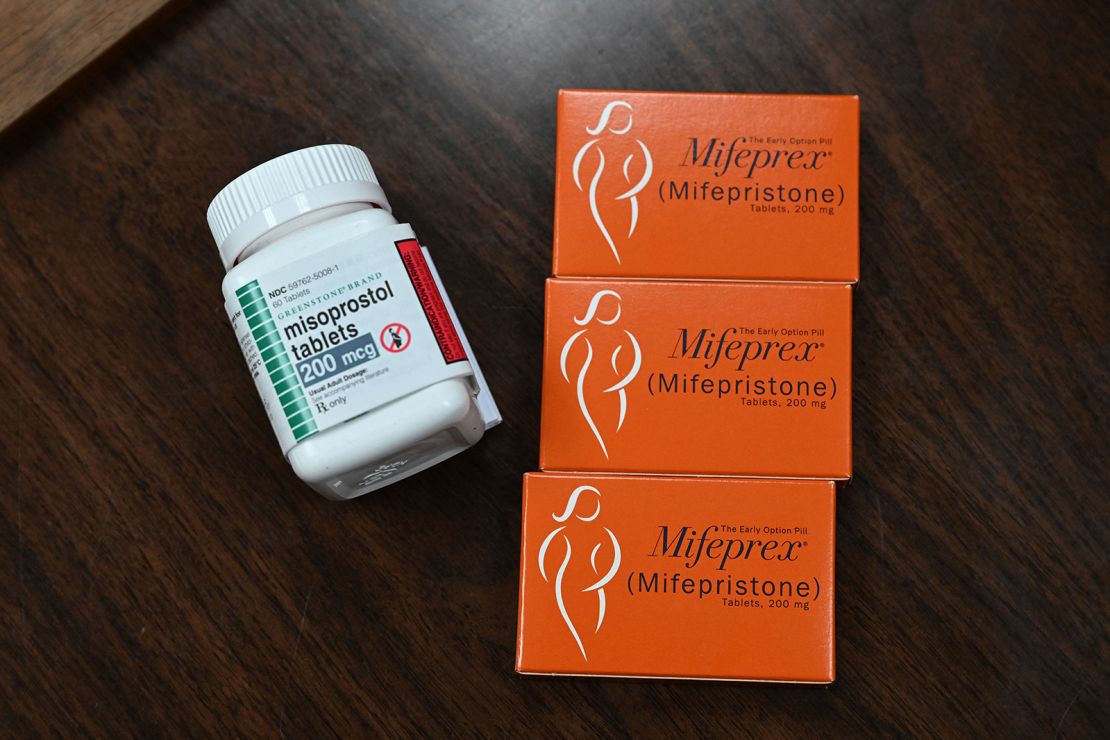Birth control, despite its pivotal role, often finds itself entangled in controversies. Societal perceptions, personal experiences, and occasional misinformation contribute to the complexities surrounding this topic. Understanding the core of these debates is essential for a well-informed perspective.
Birth Control and Miscarriage Risk
Dispelling the fear that birth control increases the risk of miscarriage if pregnancy occurs reinforces the notion of birth control facts myths. Providing reassurance backed by evidence that contraception, even if unsuccessful, doesn’t elevate the chances of pregnancy complications adds a layer of comfort.
Insight
Offering insights into the prevalence of contraceptive methods and their effectiveness reinforces the idea that responsible birth control use doesn’t contribute to pregnancy-related complications, broadening the understanding of birth control facts myths.
Long-Term Effects on Fertility
Addressing concerns about fertility after prolonged birth control use reassures individuals that fertility typically returns promptly after discontinuation, emphasizing that hormonal influences are temporary. Discussing the importance of understanding one’s fertility baseline when planning to conceive after birth control adds depth to birth control facts myths.
Insight
Highlighting the return of fertility within a few cycles after discontinuing birth control and addressing underlying issues fosters a more holistic understanding of birth control facts and myths.
Pill and Cancer Risk
Addressing apprehensions about a perceived link between birth control pills and cancer, specifically breast cancer, provides a balanced perspective on the potential benefits. Highlighting the importance of comprehensive healthcare discussions to assess individual health profiles fosters a nuanced understanding of birth control facts myths.
Insight
Emphasizing the role of birth control pills in reducing the risk of uterine, ovarian, and endometrial cancers adds a layer of positive information, enriching the understanding of birth control facts myths.
Immediate Effectiveness After Use
Discrediting the notion that birth control immediately guarantees efficacy emphasizes the critical initial week when consistent usage is pivotal. Educating individuals on the timelines of different birth control methods fosters realistic expectations regarding effectiveness, contributing to the nuanced understanding of birth control facts myths.
Insight
Clarifying the timelines of different birth control methods adds practical knowledge, empowering individuals to make informed choices based on birth control facts myths.
IUDs Only for Women with Children
Dispelling the belief that intrauterine devices (IUDs) are exclusively for women who have already had children advocates for the broad use of IUDs. Presenting IUDs as a viable first-line choice, as suggested by medical authorities, and elaborating on the two main types—copper and hormonal—adds depth to birth control facts myths.
Insight
Highlighting IUDs as a highly effective, long-lasting, and hormone-free option broadens the understanding of birth control facts myths and encourages diverse choices in contraception.
Birth Control Leads to Permanent Infertility
One common misconception is that prolonged use of birth control methods may result in permanent infertility. However, research consistently affirms that fertility returns promptly after discontinuing contraceptive methods. Women can conceive shortly after stopping birth control, dispelling the notion of long-lasting fertility issues.
Insight
The majority of women regain their fertility within a few cycles after discontinuing birth control. In fact, using birth control methods can sometimes help identify and manage underlying fertility issues, as the cessation of contraception allows the body to return to its natural reproductive state.
Birth Control Methods Offer No Health Benefits
Contrary to the belief that birth control serves solely as a pregnancy prevention tool, various methods provide additional health benefits. For example, hormonal birth control can alleviate menstrual cramps, reduce the intensity and duration of periods, and even improve acne in some cases.
Understanding these positive aspects enhances the overall perception of birth control beyond its contraceptive role.
Insight
Certain birth control methods contribute to overall well-being by addressing menstrual-related challenges and other health concerns. By debunking the myth that birth control only prevents pregnancy, women can make informed decisions that align with their broader health goals.
Conclusion
Dispelling these myths surrounding birth control is crucial for fostering accurate knowledge and empowering women to make informed choices about their reproductive health. By understanding the realities and benefits of various birth control methods, women can navigate their options confidently, leading to better overall health and well-being.



